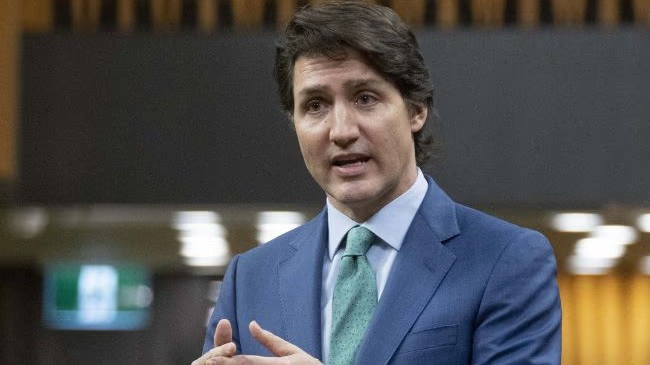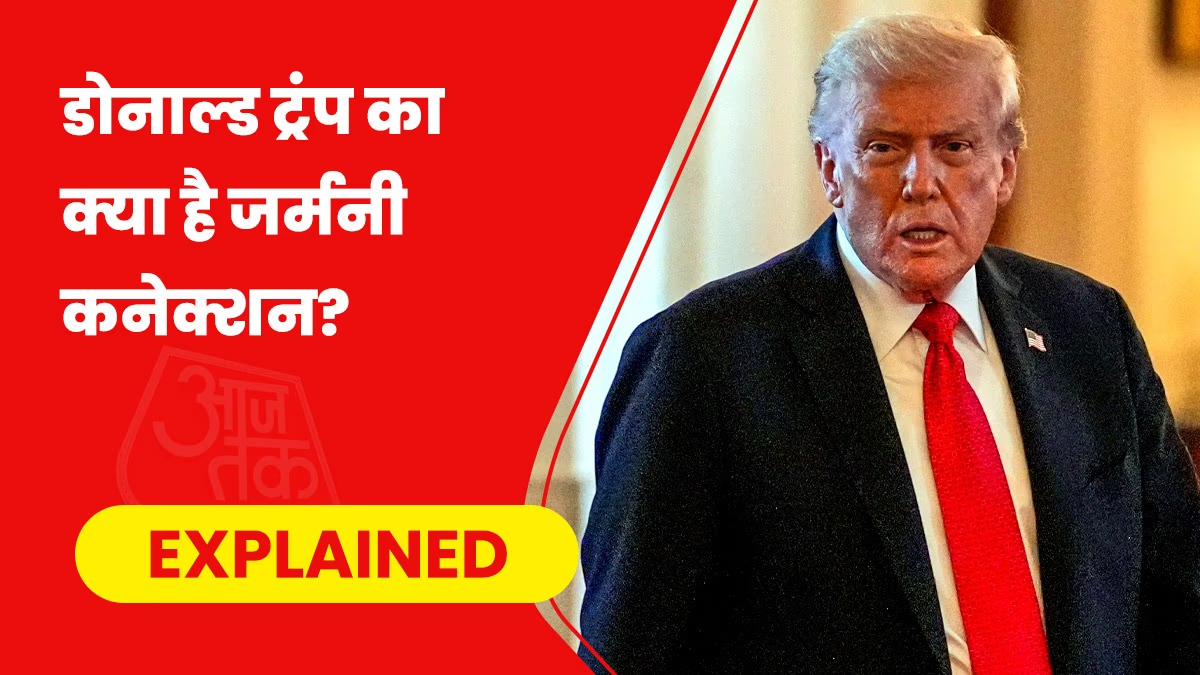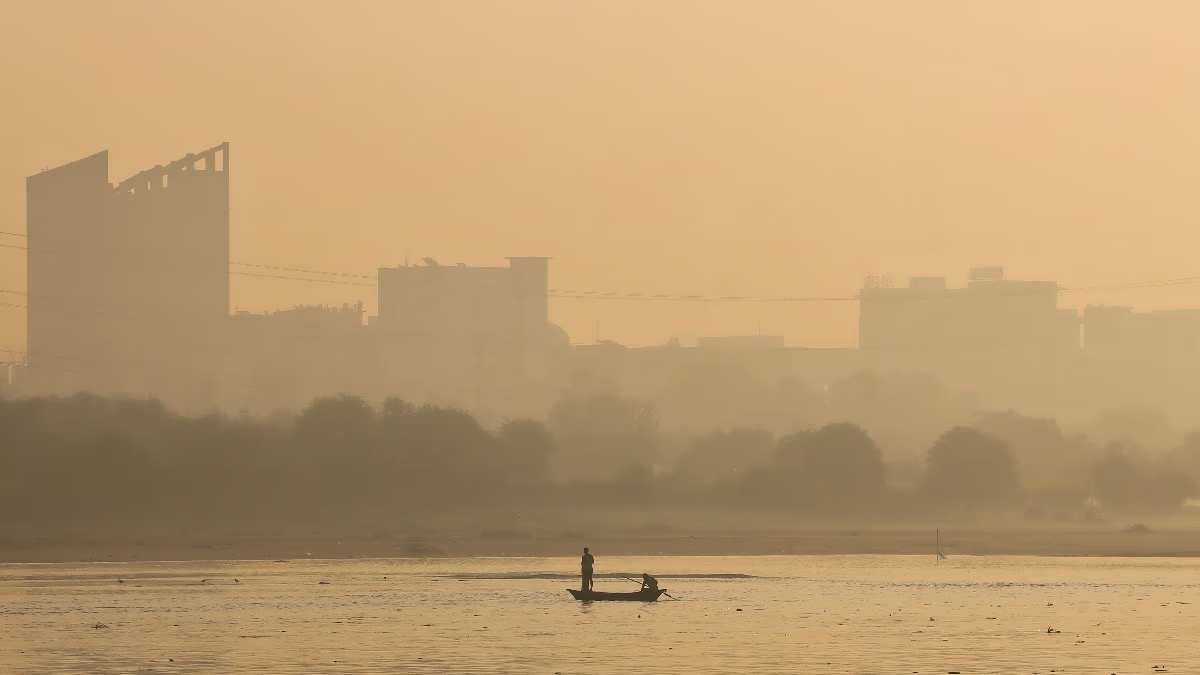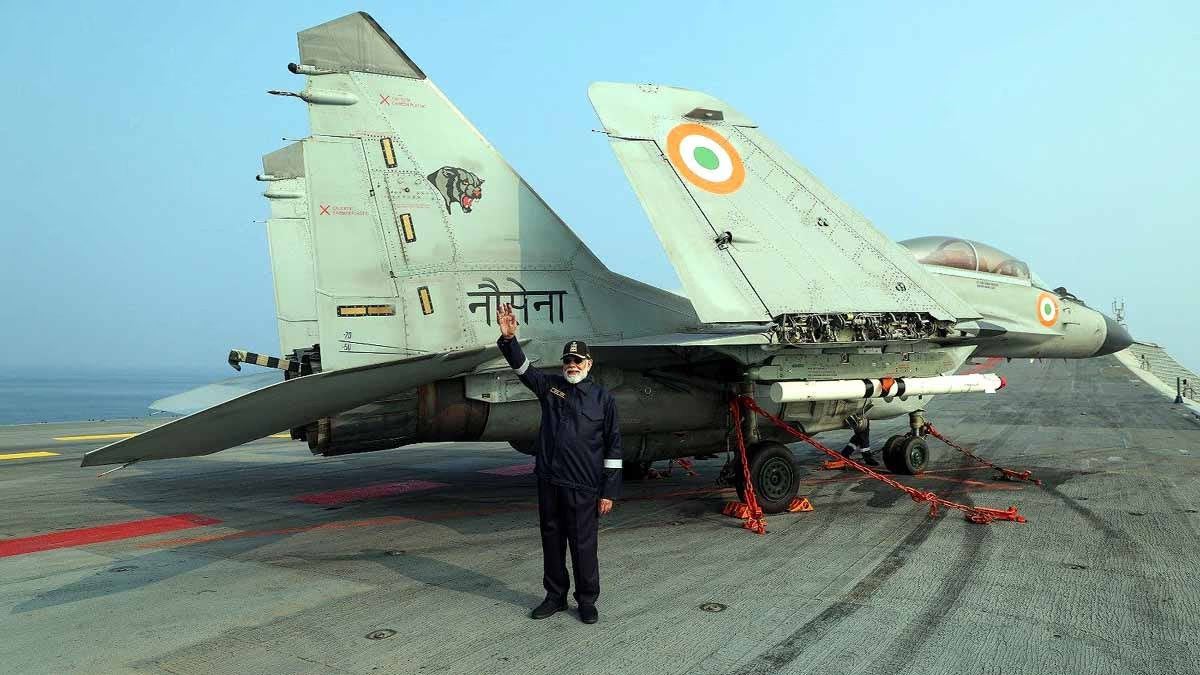For the past year, Canadian Prime Minister Justin Trudeau has been targeting India over the assassination of Khalistani terrorist Hardeep Singh Nijjar. Now, he admits that his accusations lacked solid proof. Trudeau confessed that Canada had shared only intelligence with India, without presenting any substantial evidence in the Nijjar murder case.
Testifying before the committee examining foreign meddling in Canada’s elections, Trudeau said that before making public accusations against India in the Nijjar case, Canadian agencies had attempted behind-the-scenes cooperation with India.
He stated that Canadian agencies asked India to investigate the allegations and requested evidence. Trudeau admitted that at that point, only intelligence was shared and no concrete proof was available.
Following Trudeau's confession, India has also responded. India stated that the deteriorating relations are solely Trudeau's responsibility.
India's Reaction
After Trudeau's statement came to light, India's Ministry of External Affairs spokesperson Randhir Jaiswal responded. He said, 'What we heard today confirms that Canada had no evidence to back the serious accusations against India and Indian diplomats. This has always been our stance.'
The ministry further stated, 'The damage to India-Canada relations due to this behavior is solely PM Trudeau's responsibility.'
When Trudeau accused Indian agents of involvement in the Nijjar murder case in September last year, India dismissed it as absurd. Recently, when Canadian police accused Indian diplomats of criminal activities, India strongly rejected those accusations and recalled its diplomats.
Trudeau's Current Stance
During the G-20 summit in September last year, Trudeau mentioned a conversation with PM Modi. He said he expressed concerns to PM Modi over activities against India happening in Canada and wanted those involved to be arrested.
Trudeau accused India of refusing to cooperate with the investigation and increasing attacks against Canada, making it clear that India violated Canada's sovereignty.
He reiterated his allegations, claiming strong evidence of Indian agents’ involvement in the Nijjar assassination.
Trudeau also mentioned the Lawrence Bishnoi gang, previously highlighted by the Royal Canadian Mounted Police (RCMP). He accused Indian diplomats of collecting information on Canadian citizens and passing it to the Lawrence Bishnoi gang.
The Full Story
The entire issue revolves around the assassination of Khalistani supporter Hardeep Singh Nijjar. India had declared Nijjar a terrorist, though he was a Canadian citizen. On June 18 last year, he was shot near a Gurdwara in Surrey, British Columbia.
On September 18 last year, Canadian PM Justin Trudeau accused Indian agents of involvement in Nijjar's assassination.
However, India consistently dismissed these baseless and unfounded accusations. On Monday, when Canadian police accused Indian diplomats of using their position to gather information directly or through agents, Canada directly implicated Indian diplomats. Later, Trudeau reiterated these accusations in a press conference.
Nonetheless, India's Ministry of External Affairs rejected these claims, stating Trudeau was playing vote-bank politics. Following Canada's accusations, India recalled its High Commissioner Sanjay Kumar Verma. India made it clear that they no longer trusted the current government in Canada.




